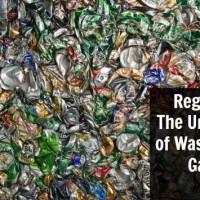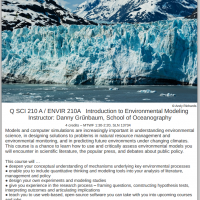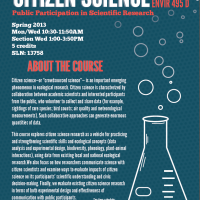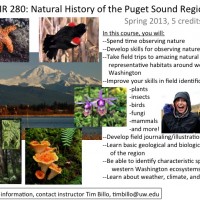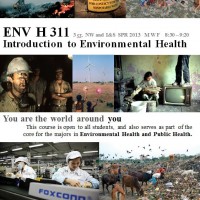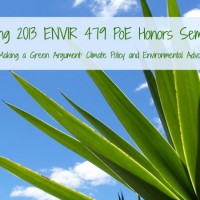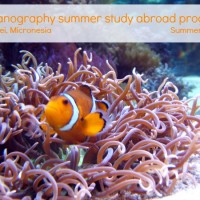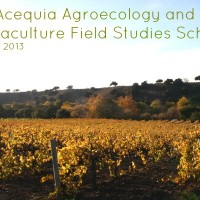The University of Washington Garbology Project (UWGP) is an ongoing student effort dedicated to the use of archaeological methods for the study and improvement of UW systems of waste management. They are working with UW Recycling and a host of other campus groups to help reduce the UW’s $1.3 million annual landfill bill, and their spring 2013 efforts will focus on the waste produced in Denny Hall. In doing so, They’ll be directly testing the effectiveness of UW Recycling’s newest waste initiatives, and our results will be used to help inform future UW Recycling policy and to advance sustainable advocacy efforts on campus.
To carry out this work, they need students to come and help us examine the trash produced by Denny Hall. They’ll provide all necessary training and safety equipment, and student participants will get the chance to:
1) participate in ongoing archaeological research right here on campus,
2) help UW strategically reduce the amount of landfill waste we produce annually (currently over 10 million annual pounds), and
3) earn 1 hour of course credit (listed under Archy 299, so this credit can count towards an Anthropology major).
What does participation entail?
Participants will be expected to attend one trash sorting session per week. Sorting sessions will be held at Raitt Hall from 4 PM to 6:30 PM on Monday and Wednesday evenings from April 8th through June 5th (although we won’t meet on May 6th or May 8th). For scheduling purposes UWGP asks participants to consistently attend either Monday or Wednesday sessions rather than a mix of the two days. Once you have indicated your preference, write to Jack Johnson at anamgorm@uw.edu to express your interest, and (more importantly) to make sure he has your email address so that you can receive project-related correspondence.
For more information about UWGP check out our website and feel free to contact Jack via email.
